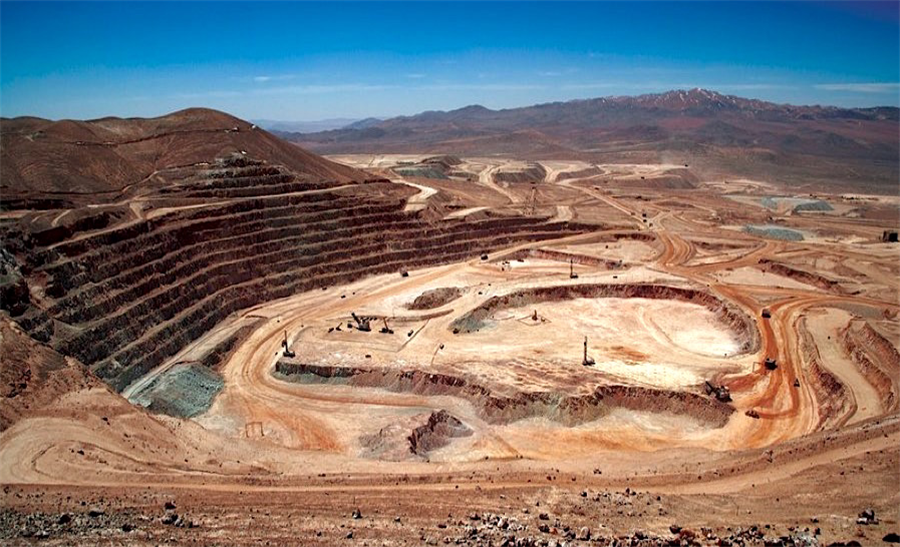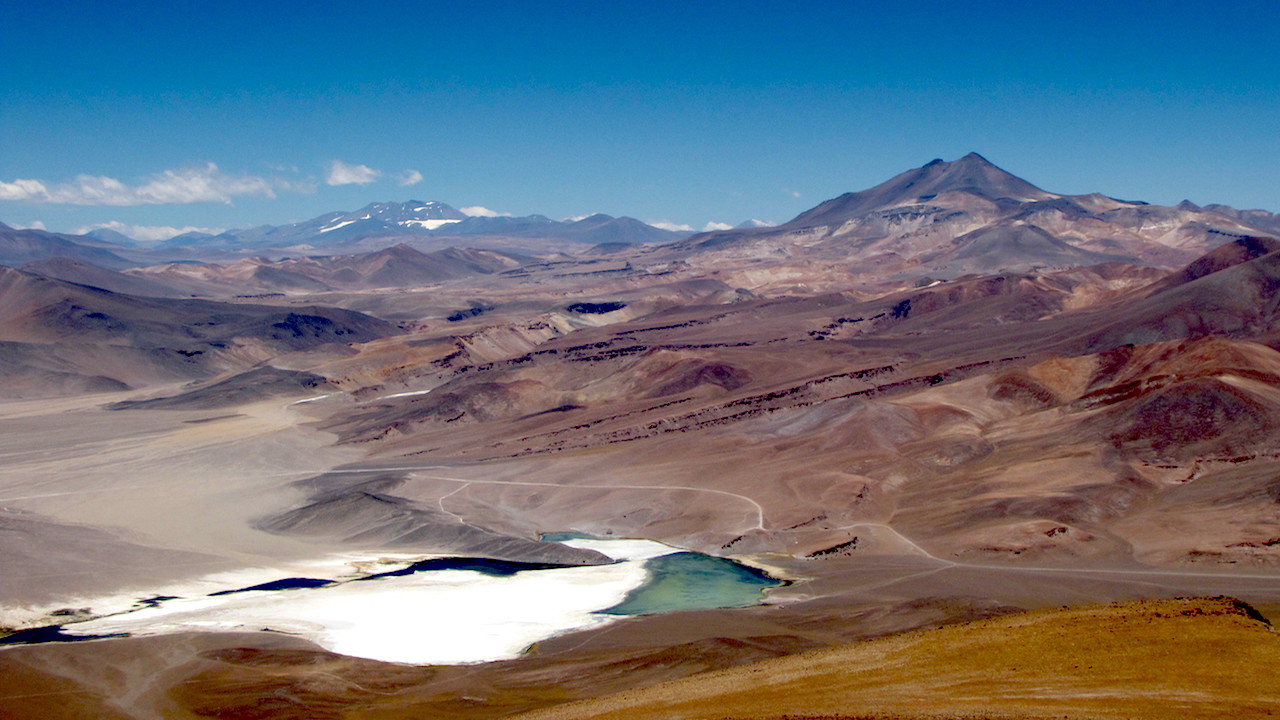Copper output slumps at Codelco, BHP’s Escondida in November

Copper output slumped at Chile’s state miner Codelco and BHP’s sprawling Escondida mine in November, according to Chile state copper agency Cochilco, amid a turbulent month of riots and mass protests that rocked the mineral-rich South American nation.
Cochilco said output at Codelco, the world’s largest copper miner, plummeted 11% in November over the same month in 2018 to 155,200 tonnes. Production at BHP’s Escondida, the globe’s largest copper mine, fell 1.5% to 103,200 tonnes.
Output at Codelco, the world’s largest copper miner, plummeted 11% in November over the same month in 2018
The Collahuasi copper mine in northern Chile, a joint-venture between Anglo American Plc and Glencore Plc, nonetheless saw its November production jump 9.7%, to 56,700 tonnes, the agency said.
Cochilco, which tabulates the monthly production data, did not comment on the reasons behind the mixed results.
But analysts say the varying output from Chile’s top mines reflects a range of factors affecting the normally volatile sector, from the recent social unrest to small-scale labor disruptions and internal upgrades and maintenance at individual mines.
Gabriel Cestau, an economist at Santander, downplayed the fall in mining activity in November. He blamed the poor results on an unfavorable basis of comparison, a reflection of strong production the previous November.
“The fall in mining activity in November, in our view, is not related to the social unrest in Chile, but rather, it is tied to mining-specific factors,” Cestau said in an interview.
Chile’s vast copper mines – the country produces nearly a third of the world’s copper – said they had largely maintained production through early November, though some mining companies have warned that protests, strikes and road blockades had taken a toll.
As the protests subside, market watchers are looking further into the future to gauge potential impacts on investment decisions by the many large mining companies operating in Chile.
In April, Chileans will vote on whether to draft a new constitution, sowing uncertainty among investors both foreign and domestic.
Diego Hernandez, head of Chilean mining trade union SONAMI, said in an interview that miners were watching carefully and that some of them could put off making investment decisions. But he acknowledged the short-term impacts had been minimal and doubted there would be major changes to rules or royalties in the mid-term.
“Those involved in mining haven’t been as affected as the rest of the country,” he said.
Santander’s Cestau took an equally optimistic view.
“We see mining as one of the things that will pull the economy up in 2020,” Cestau said.
(By Dave Sherwood and Fabian Cambero; Editing by Steve Orlofsky, Sandra Maler and Richard Chang)
{{ commodity.name }}
{{ post.title }}
{{ post.date }}




Comments